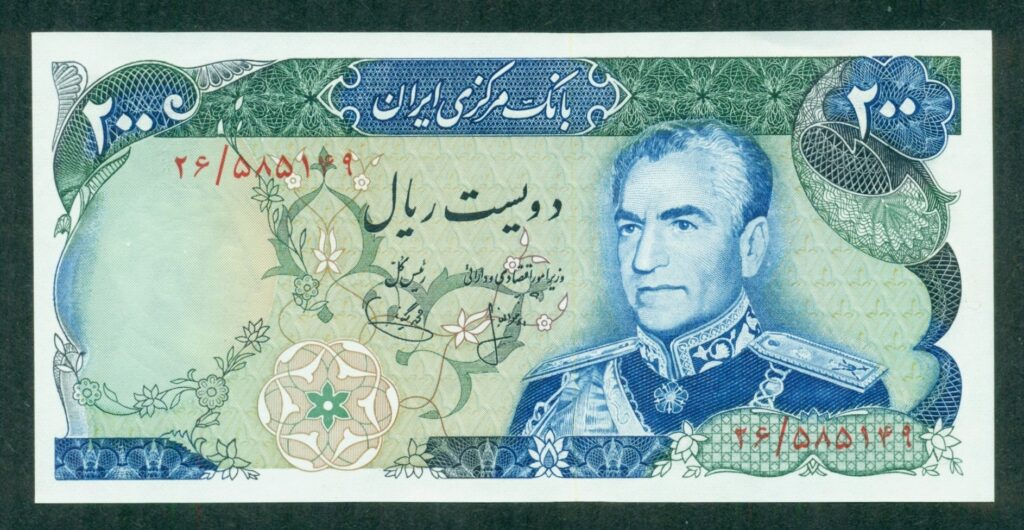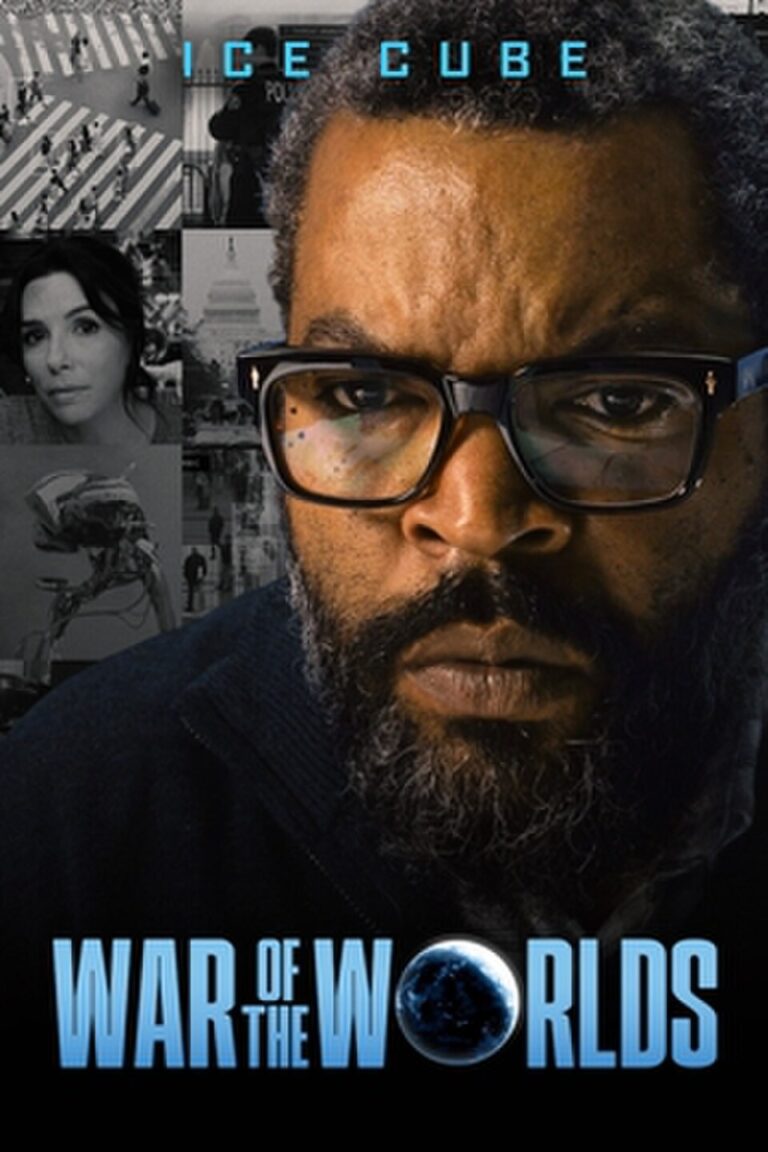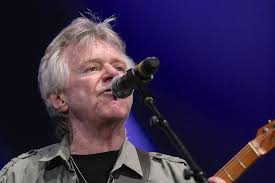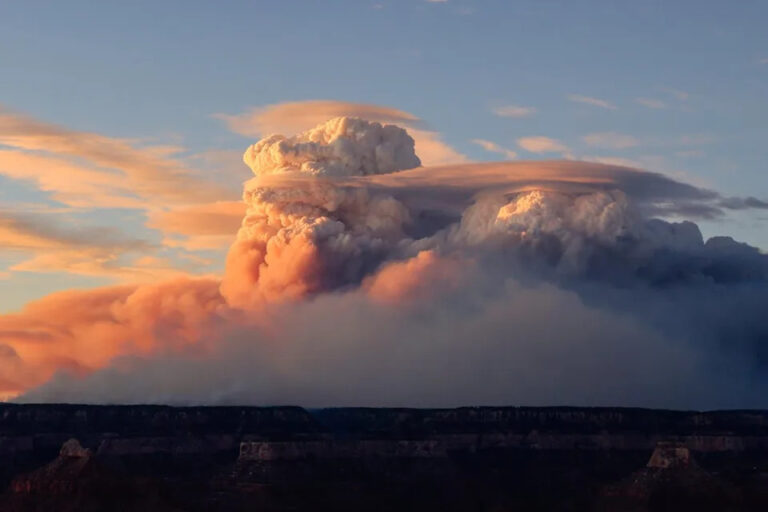
Introduction
Reza Pahlavi, the son of the last Shah of Iran, has re-emerged as a significant political figure in discussions regarding Iran’s future, especially in light of the ongoing socio-political unrest within the country. His activism and appeals for democratic reforms resonate with many Iranians seeking change. As protests against the Iranian government continue, Pahlavi’s role is vital in shaping the aspirations of a new generation yearning for freedom and democracy.
Current Events and Activities
In recent months, global attention has been drawn to Iran due to widespread protests sparked by various grievances, including human rights abuses and economic challenges. As these events unfold, Pahlavi has positioned himself as a bridge between the Iranian diaspora and those within Iran advocating for reform. He has conducted numerous virtual conferences and interviews, emphasizing the need for a secular government and individual freedoms.
Just last week, Pahlavi addressed a gathering of Iranian expatriates in Toronto, where he discussed the importance of a unified voice against the current regime and outlined his vision for a future democratic Iran. His proposal includes a referendum to decide on the nature of governance post-regime change, reflecting his commitment to democratic principles.
Pahlavi’s Influence
While Pahlavi’s popularity is far from universal, particularly among older generations that experienced the 1979 Revolution, he draws significant support from younger Iranians who seek an alternative to theocratic rule. His emphasis on human rights and democratic governance has resonated with activists within and outside of Iran.
Furthermore, his engagement with Western political leaders has brought him an unusual level of media attention, which could prove pivotal in consolidating support for change in Iran. Some political analysts view his role as crucial in fostering a collective movement that can lead to significant political transformation.
Conclusion
As Iran navigates turbulent waters, Pahlavi’s vision to restore democracy and individual freedoms remains essential dialogues. His leadership, paired with grassroots movements within Iran, has the potential to mobilize a collective push towards regime change. However, the road to transformation is fraught with challenges. Observers predict that the coming months will be crucial in determining if Pahlavi can galvanize support both within Iran and amongst its global diaspora, potentially setting the stage for a new era in Iranian politics.




